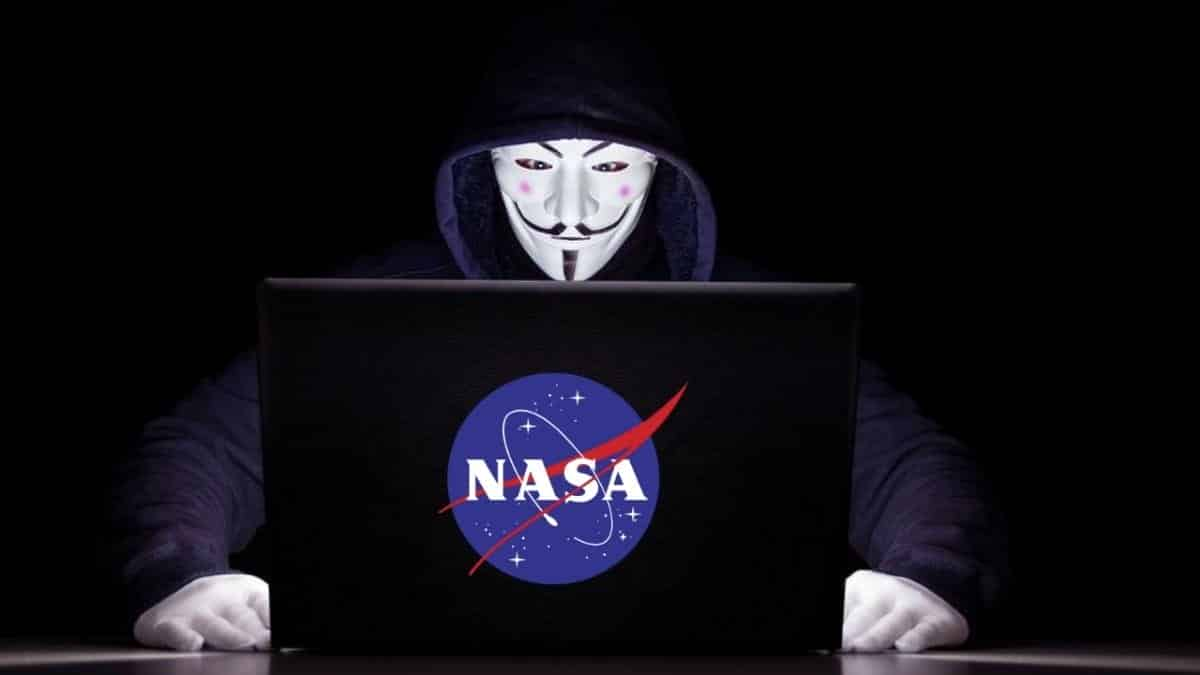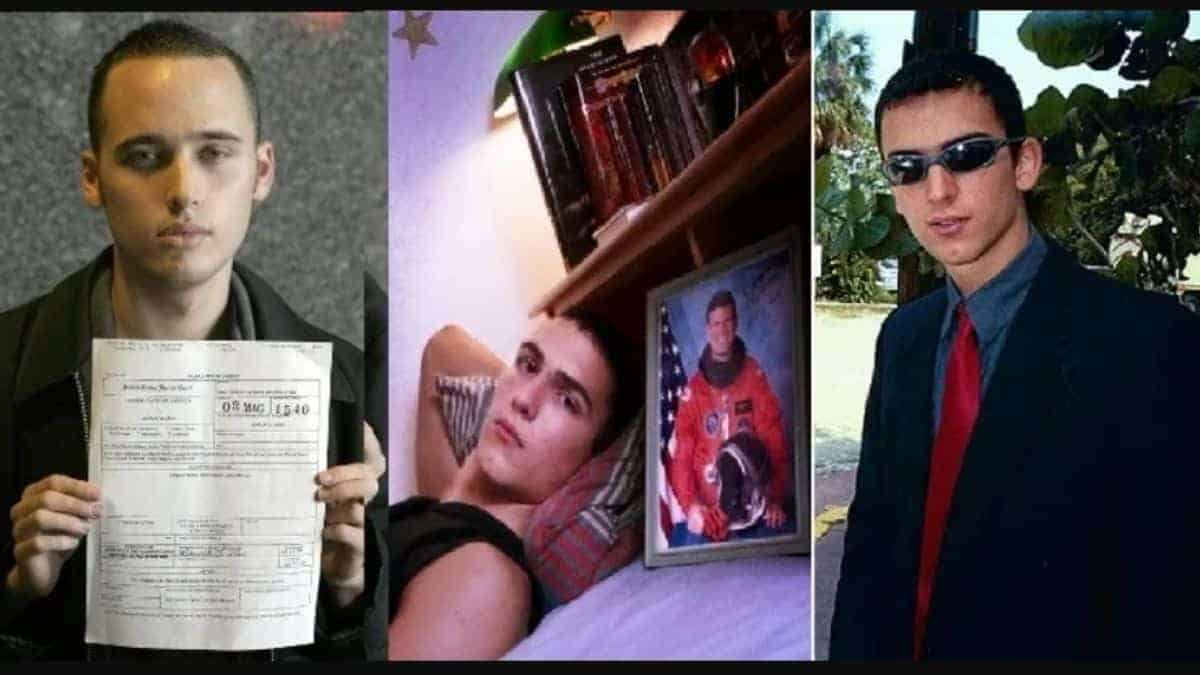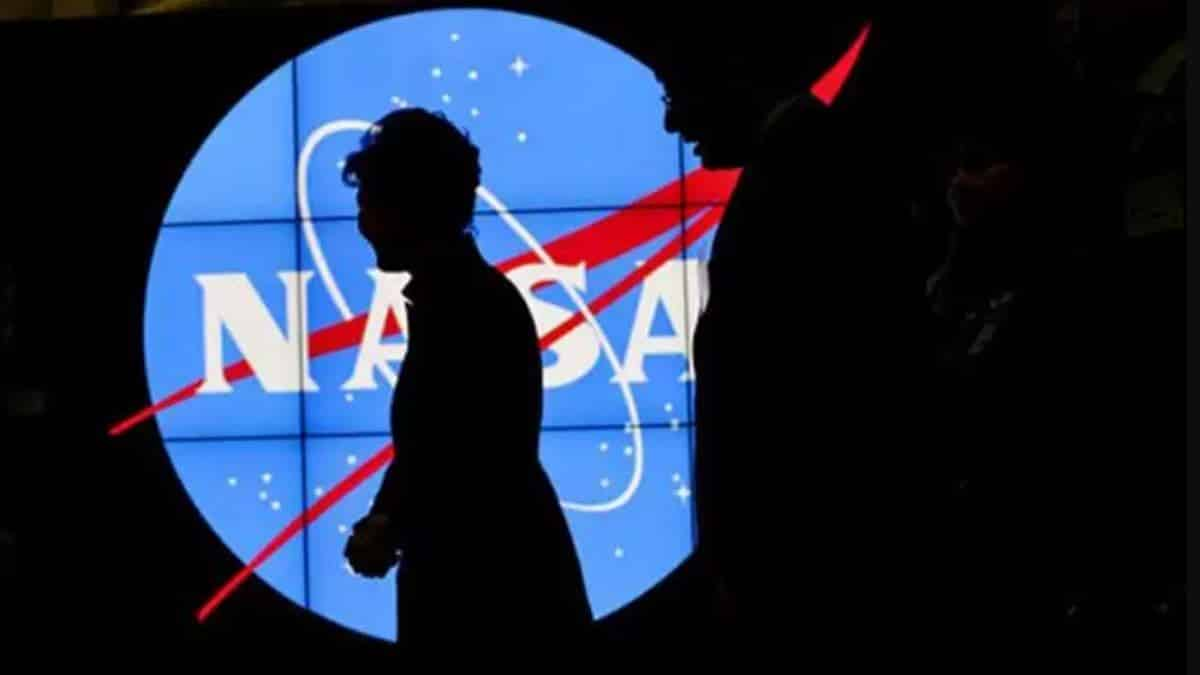Who hacked NASA in 1999 ?

As per the sources, we came to know that A 15-year-old computer hacker Jonathan James utilized his hacking talents to obtain data from the Defense Threat Reduction Agency (DTRA) between August and October 1999. He penetrated the NASA computers that support the international space station for 21 days and into a Pentagon weapons computer system, intercepting 3,300 e-mails, and stealing passwords. All of this was done by simply acting as an employee.
In a secret federal case, the child, identified online as “c0mrade,” pleaded guilty to juvenile delinquency. In a summary, the Justice Department in Washington stated that he was the first teenage hacker to be imprisoned for computer crimes. He will be held in state prison for six months. Breaking into someone else’s property, whether it’s a robbery or a computer incursion, according to Attorney General Janet Reno, is a serious felony. The prosecution asserts that the computer intrusion was treated seriously and that they are collaborating with their law enforcement agencies to combat the problem vigorously.

The odd aspect of the case, according to Chris Rouland, who monitors computer threats for Internet Security Systems Inc. in Atlanta, is that the youngster was caught, not how he got there. Because the youngster is a minor, his identity has been withheld. He acknowledged accessing 13 computers at the Marshall Space Flight Center in Huntsville, Ala., for two days in June 1999 and downloading $1.7 million in NASA proprietary software that supports the space station’s environment, including temperature and humidity, when he was 16 years old.

According to the sources, NASA handled the matter by shutting down the computers for 21 days to ascertain the scope of the attack, which cost $41,000 in contractor labor and new equipment. James gained access to the Defense Threat Reduction Agency’s computer network in August and October 1999, to reduce the threat of nuclear, biological, chemical, conventional, and special weapons to the United States. He acquired DTRA e-mail, 19 user identities, and passwords of employees, including 10 on military computers, by breaking into a router in Dulles, Va., and constructing a back door for access.
According to a source familiar with the issue, the criminal case and plea deal have been in the works for roughly six months. He would have been accused of eavesdropping and computer exploitation if prosecuted as an adult. The child must write letters of apology to the secretary of defense and the NASA administrator as part of his sentence.

According to Russ Cooper of ICSA.net, a Reston, Va.-based network security service, the charges may not always reflect the actual risk to national security. He believes the NASA computer shutdown was due to the invader leaving anything behind that could damage the system. Cooper, on the other hand, feels that this type of shutdown is more often than federal agencies realize. According to him, he believes that this type of delay occurs frequently. Companies, government agencies, and other organizations are likely to be concerned that they have been compromised.
According to Rouland, the instance demonstrates increased technical sophistication among hackers, who discovered ten new ways to break into computers in 1996 but now infiltrate at a pace of 100 each month. In terms of school grades, he gives the government security a D. He believes that this is a good indicator of the quality of security because minors can wander around computer systems without fear of getting detected.


